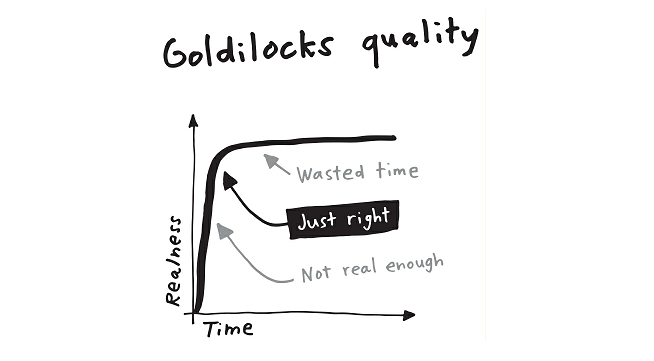Learning
- When in doubt (do not understand something), go closer (start with small pieces).
- Start by thinking about what you know and questioning yourself before studying.
- Reevaluate your knowledge frequently, as understanding is not a binary “yes/no”; it has layers of depth.
- Confusion precedes learning. In case of confusion:
- Clarify which part is confusing for you.
- Turn that into some concrete questions.
- Research how to answer those questions.
To truly understand a subject, you must be willing to play the devil's advocate with yourself and be better at it than others. You must prove your knowledge and subject it to all the tests your mind can think of. You should be able to argue against yourself better than anyone else can.
Effective Learner
- Energy: To learn, you should train your attention and maintain high levels of energy and focus for long periods of time.
- Motivation: Cultivate an inner drive for knowledge.
- Passion: Motivation without passion is temporary.
- Integrity: Do not lie to yourself if you don't understand something. It’s harder to lie when you write about it; writing forces clarity.
- Skepticism: Always test your assumptions.
- Humility: Be unafraid to look stupid. Adopt a beginner's mindset.
E.O. Wilson, Letters to a Young Scientist
(...) Most of the stereotypical photographs of scientists studying rows of equations written on blackboards are instructors explaining discoveries already made. Real progress comes in the field writing notes, at the office amid a litter of doodle paper, in the corridor struggling to explain something to a friend, at lunchtime, eating alone, or in a garden while walking. To have a eureka moment requires hard work. And focus. (...)
(...) Daydream a lot. Make talking to yourself silently a relaxing pastime. Give lectures to yourself about important topics you need to understand. Talk with others of like mind. (...) The ideal scientist thinks like a poet and only later works as a bookkeeper. (...)
Breadth vs Depth

I generally like to go deep in some topics I really enjoy, but you cannot have depth on every subject on earth. In some cases, it enough to learn just enough of the subject.
- Having a variety of tools and techniques is valuable, but going deep on every interesting tool is not worth it and is virtually impossible for a normal person.
- Some tools may quickly become obsolete, become irrelevant to your job, or have their APIs evolve over time. If you try to learn everything, you'll likely end up learning a lot of irrelevant stuff.
- Knowing that a tool exists and understanding its potential use cases is often sufficient; you can dive deeper when necessary. It’s like having an internal index where you know why a tool is useful, how it’s used, and where to find more information about it.
- For new and non-priority tools, a good rule of thumb I follow is to learn just enough to feel comfortable answering general interview questions about them or explaining them to a friend. This also signals to an interviewer that you have basic knowledge, even if you’re not an expert.
Tip
Keep a record of tools or technologies (e.g., bookmarks, notes, digital garden) and dedicate time weekly to stay updated on new technologies to update your "internal index".